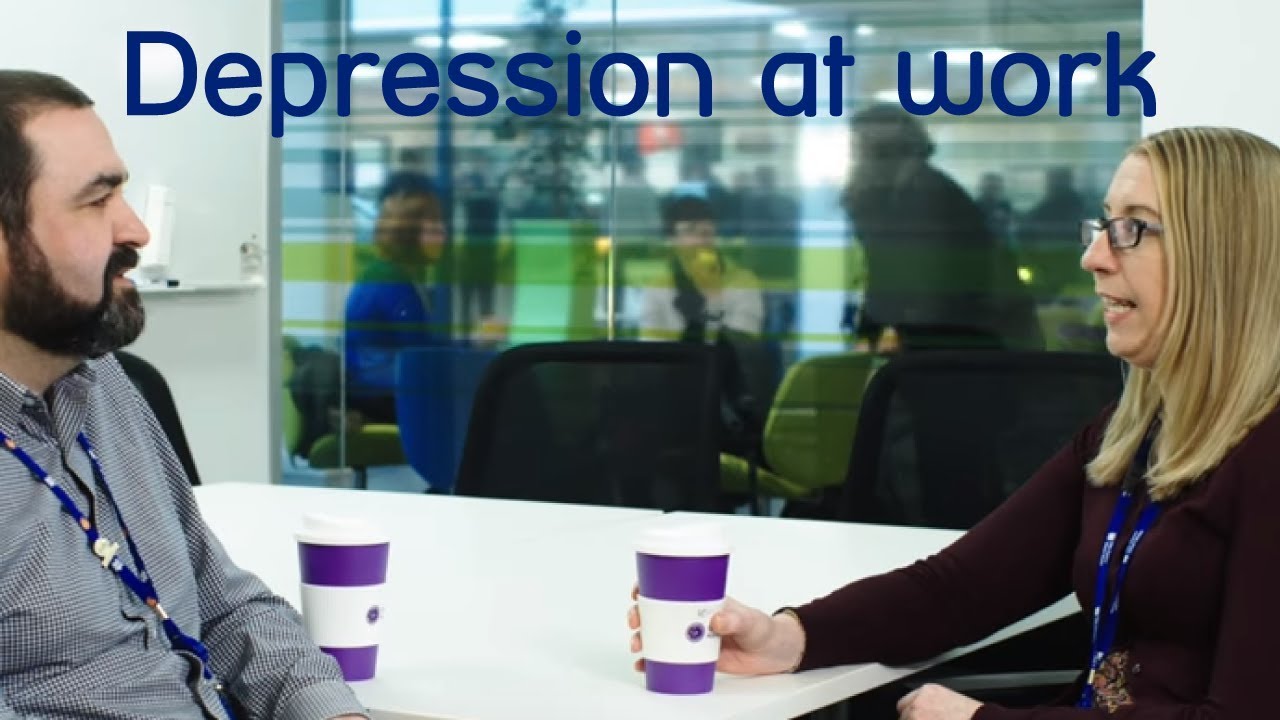Fatigue, sadness, exhaustion, and loss of interest in day-to-day tasks may be attributed to workplace stress, but when they are experienced for extended periods, and don’t improve outside your work hours, then they may be an indication of depression or anxiety. When left untreated, these mental health conditions can harm your work performance, as you will find it challenging to give your job your complete focus and attention.
When you live with depression, it is difficult to be a productive employee because you will often feel unmotivated, causing you to get less things done.
Contrary to what some people believe, you cannot simply snap out of depression and anxiety. You need the right treatments and ongoing support from friends and family to manage your depression at work.
See your doctor
If you are concerned you have depression, then it is crucial to acknowledge the difficulties you are having, and to seek professional help to cope with your symptoms. The good news is that depression is treatable with psychotherapy and antidepressants. Other types of therapies may also be recommended by your doctor to help you perform better at work and become more productive.

If you are in the dark about where to start, talk with a trusted relative or colleague and ask for their help in finding a mental health professional for your depression. Your loved ones will likely be willing to assist you on your road to recovery.
Speak up
It is common for people with depression to be afraid to talk about their symptoms, especially to their superiors. You may be hesitant to open up to your employer for fear of being perceived as incapable of accomplishing your daily tasks at work.
Opening up to your human resources department or your supervisor about your struggles can benefit you in many ways, and can help in creating a working environment that works for you. Setting aside a private time to discuss the problem with your employer will give you the opportunity to communicate any accommodations that will help you perform in your job. It can be a more structured daily schedule, rest breaks, or additional time off. When confiding in your boss, try to focus on your ability to perform your duties, rather than going into detail about your depressive symptoms.
Take some time off
You may not recognize the need to take some time off when you first experience the symptoms of depression. But once your depression starts drastically affecting different aspects of your job, as well as your working relationships, then you will know it’s time to take it easy for a few days up to a few weeks to give yourself time to rest and recoup. Doing this will also help you avoid experiencing a mental breakdown in the office.
Break down your task into smaller components
If your symptoms become worse when undertaking major work projects, devise a plan to do sub-tasks until you complete the whole project. It also helps to tick off each item on your to-do list, and to acknowledge every small win.
When breaking down your tasks, it is best to prioritize the most important steps, and the most challenging sub-tasks, so you can ease your workload as you go from the start of the month until the deadline of the project.
Take breaks
Stepping away from your desk for a few minutes throughout your shift can benefit not only your productivity, but also your mental state. Taking micro breaks for 30 seconds to five minutes allows your mind to rest, and as a result helps you work more efficiently when it’s time to resume your tasks.
As often as you are able to, leave your workspace and go for a short walk, or do some simple stretches.


